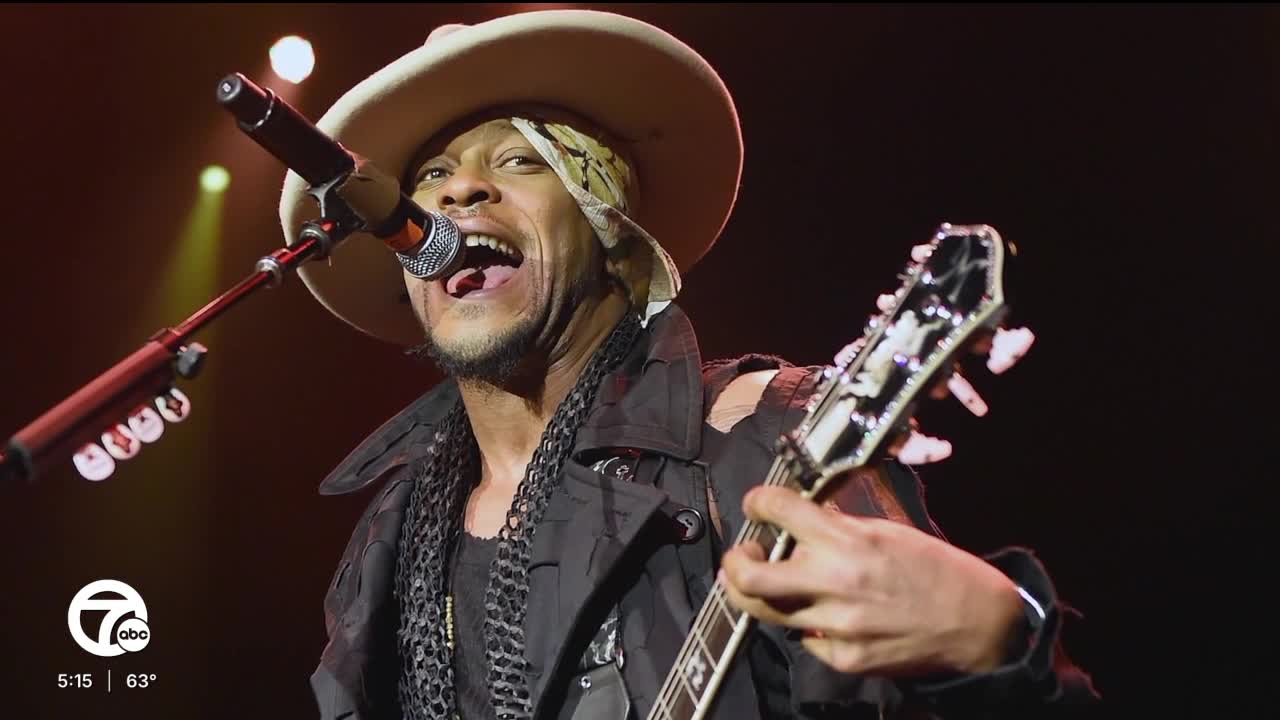(WXYZ) — In today’s Health Alert, the music world is mourning the loss of Grammy-winning R&B singer D’Angelo, who died this week at just 51. His death is putting the spotlight on one of the deadliest cancers - pancreatic cancer.
It’s heartbreaking, and my condolences to D’Angelo’s family and fans. The musician kept his cancer private, so we don’t know when he was diagnosed or how long he battled the disease.
Now, pancreatic cancer is not very common, but it’s one of the deadliest. It starts as a growth of cells in the pancreas, whose job is to help digest food and control blood sugar.
It’s a sneaky disease - notorious for not causing symptoms until it’s advanced. And once it’s spread, it’s resistant to many common cancer drugs and very tough to treat. The only way to be realistically cured is if the cancer is completely removed surgically, so it needs to be caught early. Sadly, only about 13 percent of patients live five years after being diagnosed.
We expect more than 67,000 new cases in the U.S. this year and nearly 52,000 deaths. That means while pancreatic cancer makes up only about three percent of all new cancer cases, it’s expected to cause more than 8% of all cancer deaths in 2025.
There are no clear early warning signs of pancreatic cancer. Most symptoms are vague - things like fatigue, belly or back pain, nausea, unexplained weight loss, yellowing of the skin and or eyes, and sometimes new-onset diabetes.
Unfortunately, there’s no standard screening test for most adults because the pancreas is deep inside the abdomen. So doctors can’t feel it during an exam, and early tumors are hard to spot on scans. But if you have a strong family history or a known genetic mutation like BRCA2, your doctor might suggest genetic testing or imaging tests like an MRI, CT, or ultrasound. There’s also a blood test that can look for tumor markers - these are substances that can sometimes signal cancer.
As for prevention, there’s no guaranteed way to stop pancreatic cancer, but you can lower your risk. Don’t smoke, limit alcohol, and keep a healthy weight. Eat a balanced diet rich in fruits, vegetables, and whole grains, and try to limit processed foods and red meat.
And please, if something doesn’t feel right, don’t ignore it. Talk to your doctor. Pancreatic cancer is tough, but if it’s caught early, it’s possible for treatment to lead to remission and save lives.




